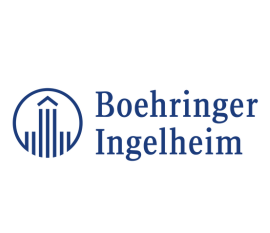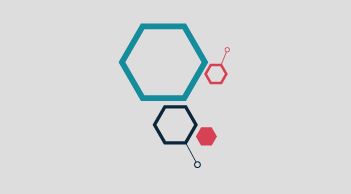Let’s imagine a region where intensive farming is practiced with the aim of increasing food production. In this context, it is important that we take into consideration certain improvements to promote a more sustainable and healthy approach to this.
First and foremost, it is crucial to highlight the importance of taking care of the environment. Instead of using large amounts of pesticides and chemical fertilizers, we could explore more nature-friendly alternatives. This would allow us to protect the soil and water from potential contaminants, and thus preserve the health of our aquatic ecosystems and avoid causing further damage to the fauna and flora.
Furthermore, by adopting more responsible agricultural practices, we ensure the safety of our livestock and domestic animals. By preventing them from drinking contaminated water or consuming plants treated with pesticides, we can provide them with a better quality of life and reduce the risks of disease or loss of life due to toxic substances. This, in turn, has a positive impact on the health of people who rely on these animals for their food, avoiding potential inconveniences in the production of animal-derived food.
Additionally, while promoting more sustainable agricultural practices we are also caring for human health. By reducing exposure to pesticides and chemical fertilizers found when consuming contaminated food, we decrease the risks to our health. This is particularly important as studies have suggested that prolonged exposure to these chemicals may be linked to diseases such as cancer, hormonal disorders, neurological problems and damage to the immune system.
In short, by adopting a more conscious and sustainable (“One Health”) approach to intensive farming, we can protect our environment while caring for the health of animals and also preserving our own. Let’s promote agricultural practices that are respectful towards nature and let’s seek healthier and more environmentally friendly alternatives to build a more positive and sustainable future in food production.
In our daily lives, as citizens we all experience situations that affect the wellbeing of the Earth. For that, we must be aware of the consequences of our actions because they all partly affect the health of our planet and, indirectly, our own health and well-being. Hence the close link between human, animal and environmental health, which gave way to the concept of “One Health”. This “One Health” denomination gives a name to a notion known for more than a century and responds to the need to address global health with a single, holistic and integral vision that takes into account three inseparable aspects for general wellbeing: human health, animal health and the health of the home where we all coexist: the planet.
The “One Health” approach recognizes that many diseases can be transmitted between humans and animals, either through direct or indirect contact. For example, avian influenza, rabies, Lyme disease and Ebola are diseases that can affect both humans and animals.
In this context, one of the main challenges that affects humanity are these types of diseases, known as zoonoses, due to the high risk they represent for public health worldwide. These risks are in turn accentuated by climate change and certain human behaviors, which multiply the opportunities for pathogens to colonize new territories and evolve in new forms.
But this is not the only challenge within the “One Health” concept. This notion also encompasses many other aspects like the loss of biodiversity, the fight against antibiotic resistance, food safety or climate change –which impacts, among others, the geographical extension of disease-transmitting vectors–, and it also includes issues like environmental pollution and the social and business commitment to reduce it, as well as other threats shared by people, animals and the environment that can only be understood if addressed under one common perspective.
Therefore, before acting on one single dimension of health, we must assess and balance the impact it may have on the others. Similarly, good plans for health prediction and prevention require a deep understanding of all its aspects. For example, one essential way to avoid the next human pandemic is through the detection, monitoring and surveillance of transboundary and emerging animal diseases, especially when they can potentially become zoonotic and spread to humans, as in the case of avian influenza.
This is why we advocate for the collaboration and coordination between human, veterinary and environmental health professionals, as well as promoting multidisciplinary research to address health challenges in a more comprehensive manner. In short, this highlights the importance of not limiting health to medicine-approach alone, but to involve other disciplines that can work together to address global health challenges, with an emphasis on innovation as the driving force to achieve this vision.
This approach involves sharing information, conducting joint research, developing disease prevention and control strategies, and promoting public policies that protect the health of all living beings.
At Boehringer Ingelheim, the “One Health” concept is aligned with our long-term sustainable development strategy. Our commitment to health has been and continues to be to transform the lives of present and future generations, with a holistic and integrated approach where we address the connection between people, animals and the environment.
With the conviction that the health and welfare of animals enriches the health of people, it is time to work together for a world that is safer and more respectful towards the planet.
Concha Marzo Directora de Government Affairs de Boehringer Ingelheim España





